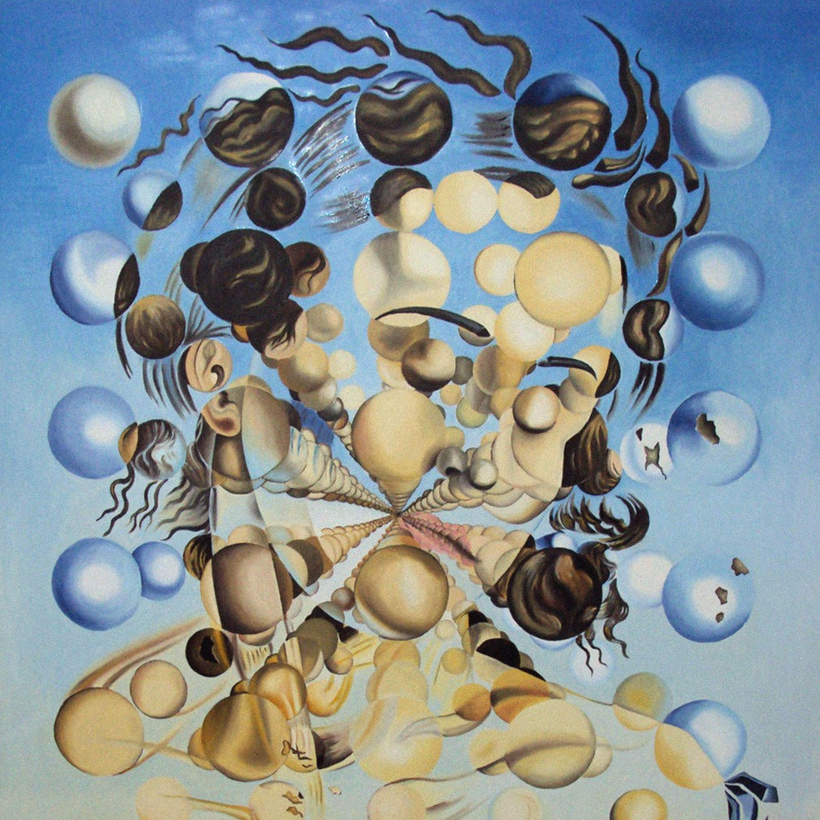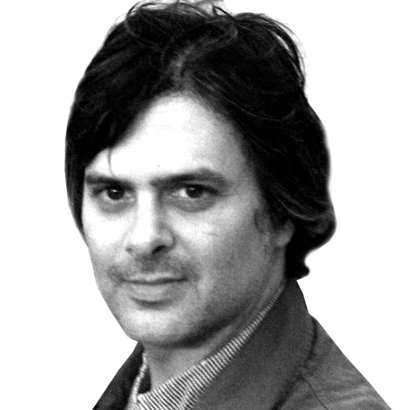The brainy, hyper-articulate, and almost agonizingly self-conscious characters who populate Edward St. Aubyn’s new novel, Double Blind, tend to blurt out stuff like this: “The exact nature of the correlation between electrochemical activity in the brain and the experience of being conscious is entirely obscure, and since everything we know depends on being conscious, the description we give of reality, however coherent it seems, hangs over an abyss.”
The abyss in question is no doubt extremely real, as any scientist, philosopher, novelist, or overstimulated sophomore at Amherst can tell you. In this case, the person pondering it—a young professor at the California Institute of Technology—happens to be in the middle of an epic cocaine-inhaling session, making his probings as urgent as they are comical.


